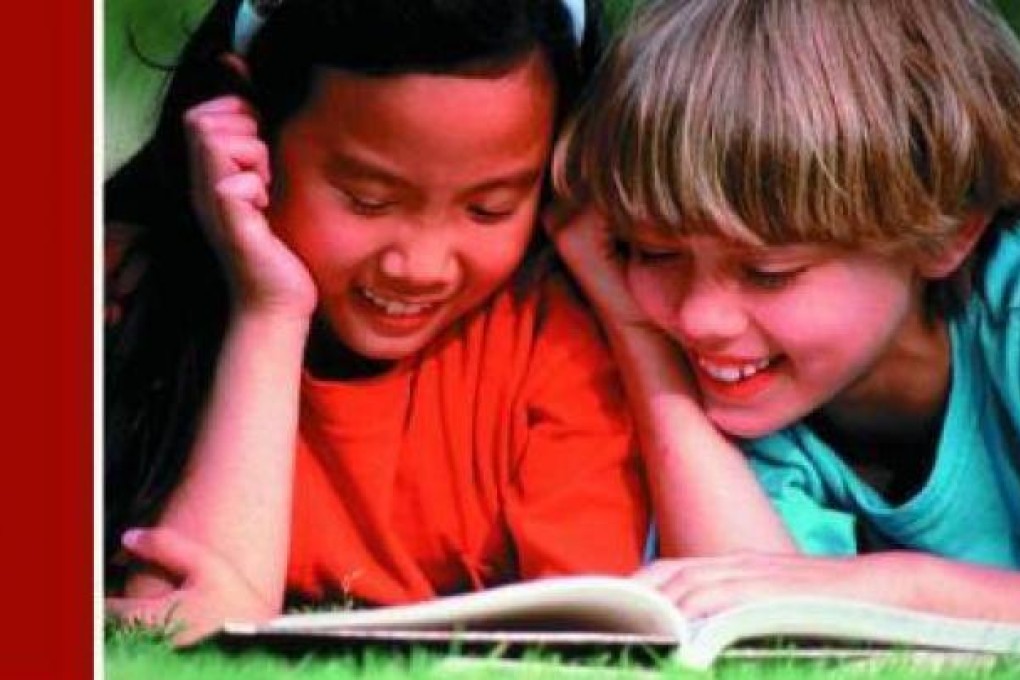

Krashen, the author of more than 350 academic papers, developed the first comprehensive theory of second-language acquisition. He could have a spectacular career as a stand-up comic if he ever runs out of serious topics to write about. I attended his talk for educators and it was inspiring to see more than 120 teachers and librarians from international and local schools gather on their day off to hear Krashen speak. Most were familiar with his work and were eager to learn more from him.
The foundation of his theory is that "learning" is a conscious effort to try to be accurate with rules and grammar, while "acquiring" is subconscious. Second-language teachers who use methods that promote language acquisition will see better results. The best way to achieve fluency in a language is to pick it up subconsciously.
Krashen gave us examples of the different ways in which second-language teachers try to get students to understand what is being said. It showed that immersion in a subject - at the talk, Krashen described the various parts of his face in German - is more effective than rote learning with verb conjugations.
The big revelation for me came when Krashen declared that talking is not practising because we acquire language by input and not output. I have been a lifelong student of languages, from the English I learned when I immigrated from Hong Kong to Canada at age six, to the most recent instance, a six-month course on Italian that I attempted before I had children. When Krashen made his claim, backed by his decades of research, I had dizzying flashbacks of the countless hours I had spent reading foreign sentences out loud. Questo è un libro (This is a book).
Talking is not practising. The ability to speak is not the road to, but the result of, language acquisition. When a baby utters her first words, she has already acquired the language.
A second revelation came when Krashen added that his studies also found that allowing students to acquire a language without accountability or questions at the end of the lesson is the most effective way to achieve fluency.